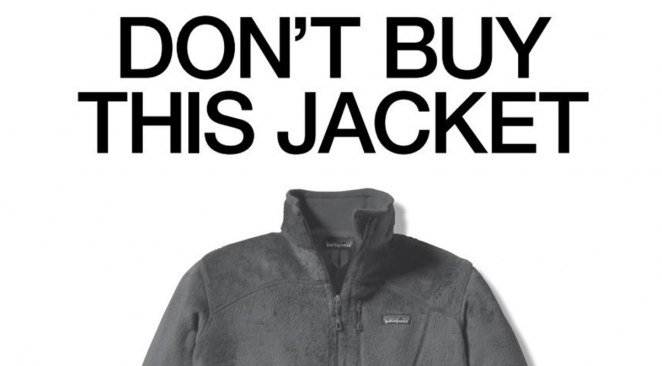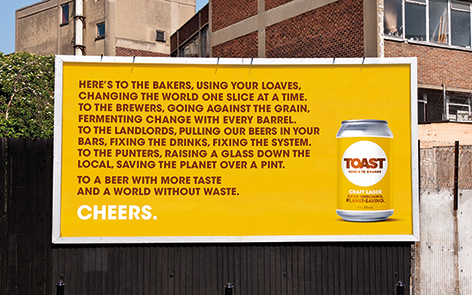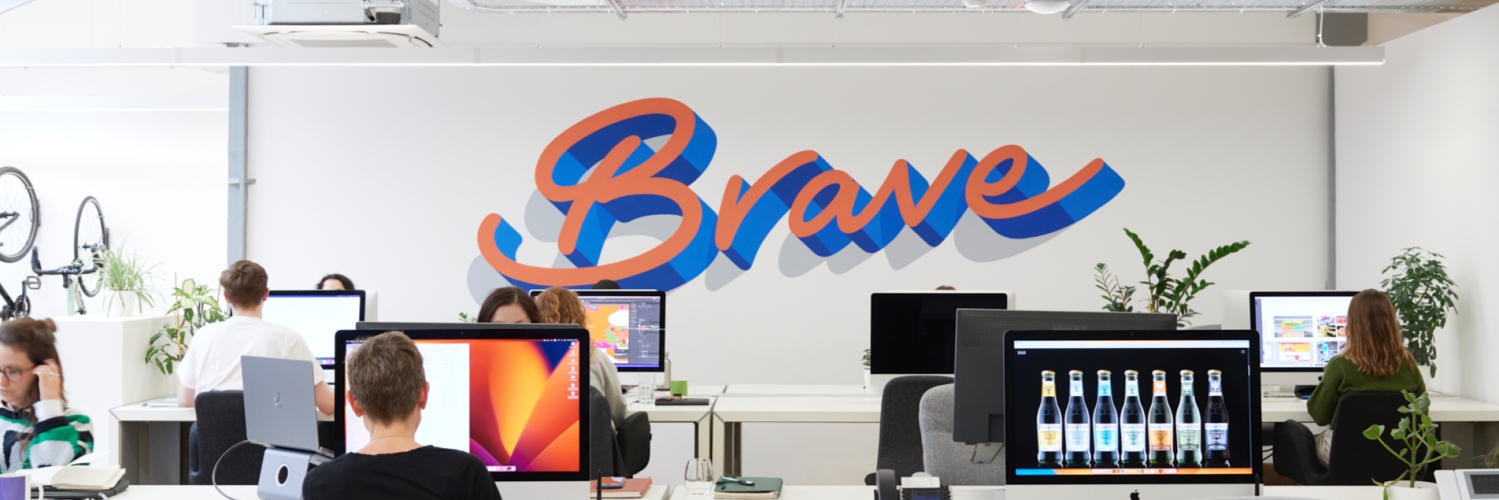But a new wave of change-makers is here to change that…
Is the branding industry’s obsession with purpose simply encouraging consumers to maintain bad habits?
Nowadays we expect brands to weave a sustainable or charitable message into their product, positioning and communications. But this kind of ‘brand purpose’ has become so diluted that people have become complacent. It’s simply a tool to placate the conscience of consumers by convincing them that they can have it all.
Enabling consumers to choose a product that reflects their social or environmental values over a similar one that doesn’t is a world away from asking them to change their behaviour - to embrace a genuinely sustainable solution that’s potentially less convenient, or even to think twice about consuming altogether.
When Patagonia asked us, in 2011, not to buy that jacket, it seemed to herald a new era of consumerism that encouraged us to reduce, repair and reuse.
But eight years on, with a climate in crisis, how many brands have attempted to shift to a business model that enables reduced consumption? How many are really urging consumers to do their bit through new products that empower this?
The great opportunity for brands today is to be a change-maker – to innovate for new, more sustainable consumer behaviours and to make them desirable and aspirational. Change is tough, but it’s better than extinction.

So, how are the change-makers different? How are they initiating change in our habitual behaviours?
They’re making it desirable. Not pushing a motive through fear mongering or save-the-world worthiness but making small – or even bigger – changes in our everyday behaviours positively and emotionally rewarding.
The more progressive leaders are positioning themselves as lifestyle brands rather than commodities, showing that they understand how consumers live and what their values are, smoothing the way to behavioural change.

The big brand ideas are there. Supermarkets with packaging-free aisles as seen in the Waitrose Unpacked initiative that includes a refill zone and frozen pick and mix. New methods of birth control that move away from medication and single-use products such as app Daysy.
But with change-maker brands must come more innovative approaches to branding.
Otherwise this widespread consumer complacency will continue to act as a barrier to real positive change. Brave brand design is imperative to a more sustainable future, making habitual change desirable, not tiresome.
These forward-thinking brands understand that the often-overused term ‘brand purpose’ now holds greater meaning. It’s no longer simply about brand communications or links to a charitable organisation.
It’s about creating real, tangible, proactive change in consumers’ day-to-day lives, and the opportunities are there for those willing to take on the challenge.
Time to bring on the brand change-makers.



